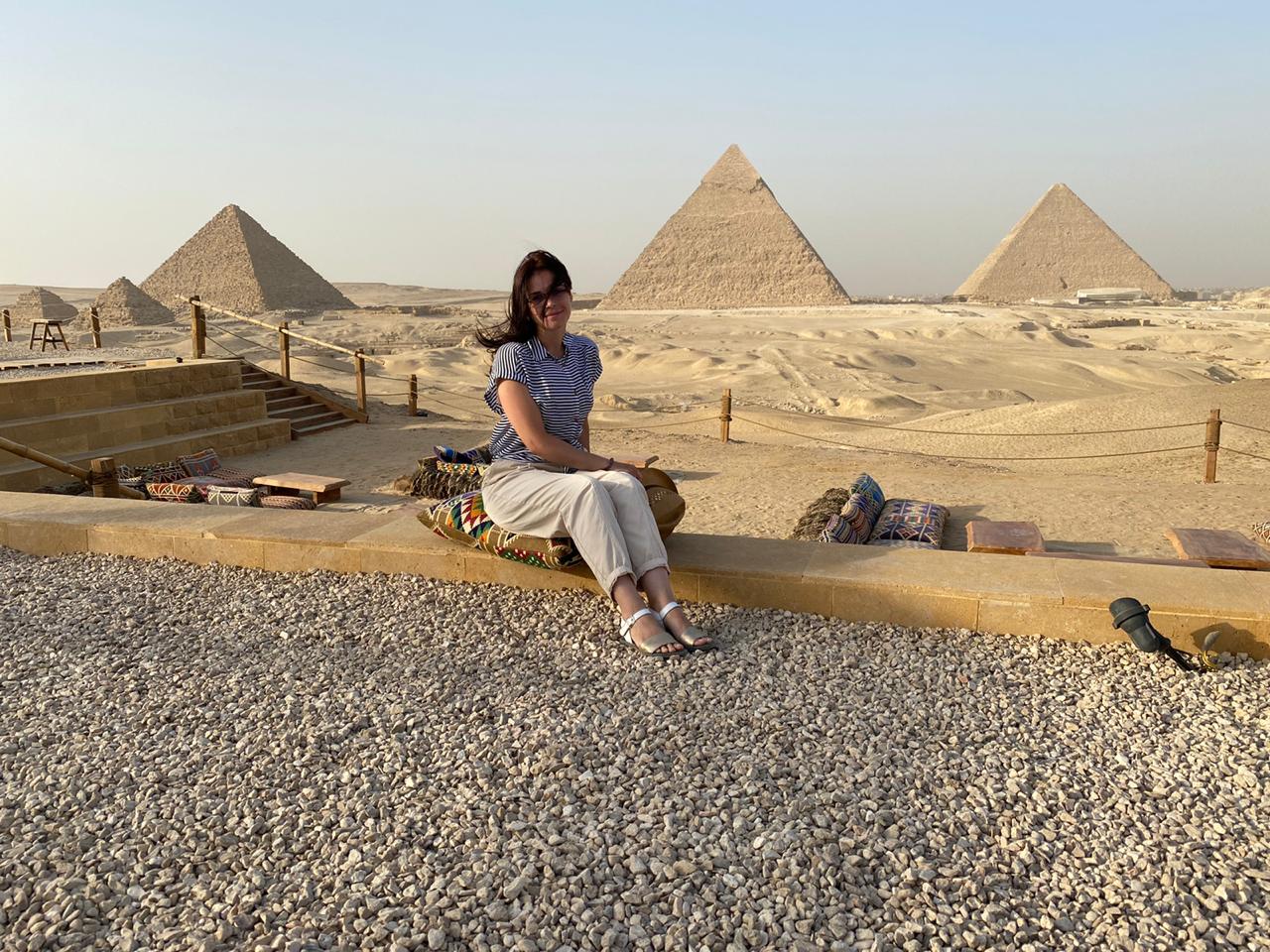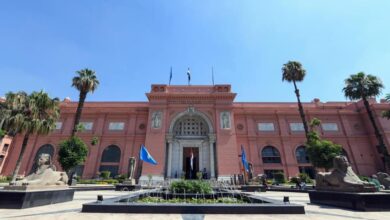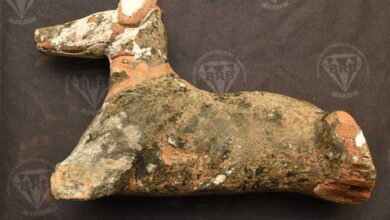
The Cabinet approved, during its meeting, on Wednesday, the rules for personal photography in public places for Egyptians.
Foreign residents and also tourists allowed personal photography with all types of traditional or digital photography cameras and video recording without requiring any prior permits.
The decision stressed that personal photography should be in public places without the use of equipment that requires prior permission, namely professional photography umbrellas, external industrial lighting, or equipment that would occupy the public road, with an emphasis on full commitment not to photograph or publish any photos or scenes that may harm the country’s security.
Photographing children, and photographing citizens without their written consent is not allowed however.
Over the past few weeks, Tourism and Antiquities Minister Khaled al-Anany chaired the meetings of a committee formed by the prime minister’s decision to set general rules for all kinds of photography, in the presence of representatives of all concerned, regulatory and security authorities, the Ministries of Culture and Local Development, the Supreme Council for Media Regulation, the State Information Service and others.
The committee allowed the freedom of photography in accordance with the controls referred to above, because of the positive return of personal and memorial photography to promote Egyptian landmarks and tourism.
For photography inside archaeological sites and museums affiliated to the Tourism and Antiquities Ministry, and according to the decision of the Board of Directors of the Supreme Council of Antiquities in August 2019, personal (memorial) photography and video recordings of Egyptians and tourists is allowed with mobile phones, traditional or digital photography cameras inside all museums and archaeological sites without the use of flash in indoor places.
In August 2021, the Supreme Council of Antiquities also approved new controls for commercial, propaganda and cinematic photography in Egyptian museums and archaeological sites, and photography packages to motivate producers and local and international production companies to film in Egypt.
The service of obtaining commercial and cinematographic photography permits at archaeological sites and museums will be allowed through the official website of the Ministry of Tourism and Antiquities, which will be launched imminently. The website will also include controls for filming in public places in various languages.




